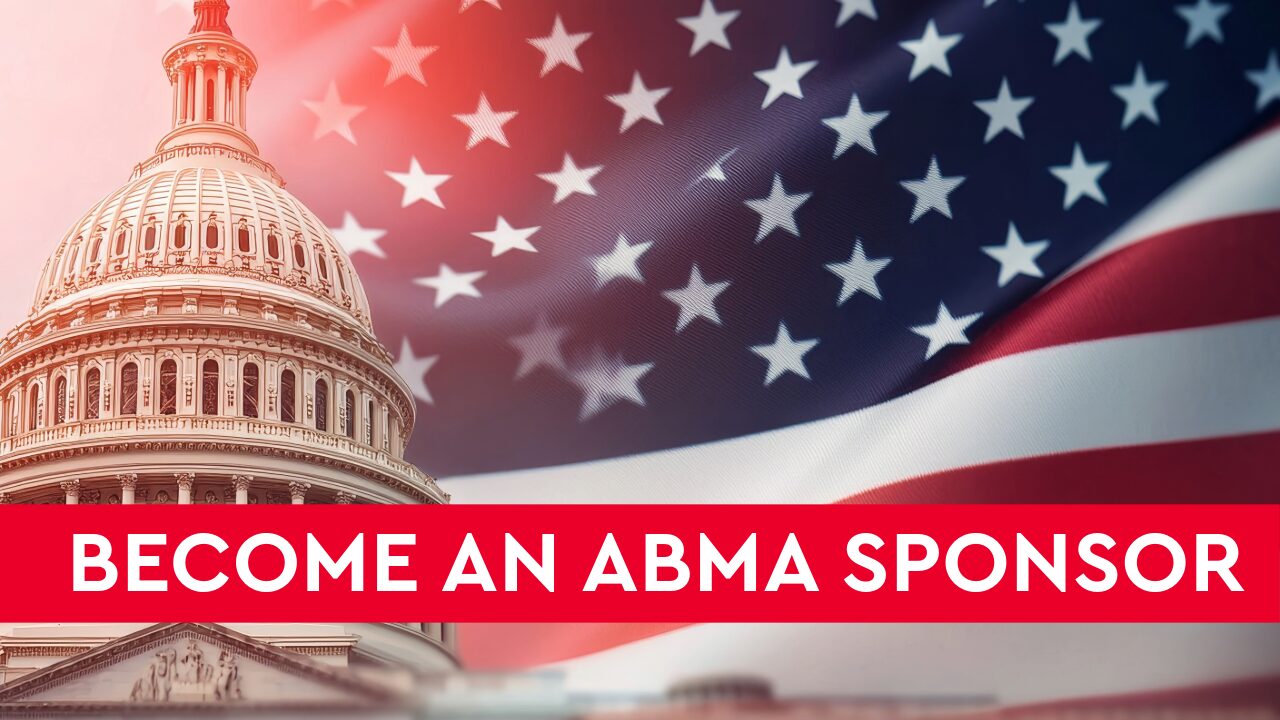Senate Hearing on WIOA Reauthorization
On June 12, the Senate Health, Education, Labor and Pensions (HELP) Committee held a hearing to receive input on the Workforce Innovation and Opportunity Act (WIOA), our nation’s bedrock statute that authorizes and funds workforce development and apprenticeship programs around the country. Recall that the House earlier this spring passed WIOA reauthorization legislation (A Stronger Workforce for America Act-H.R. 6655) by an overwhelming margin with broad bipartisan support. While a comprehensive Senate WIOA reauthorization bill has not been unveiled, several “marker” bills have been introduced and we have been told that Senate HELP Committee staff have been in active discussions with their counterparts in the House. While not always the case, holding a hearing typically means that introduction of a comprehensive bill is imminent. We are close to the process and will update you on this effort as soon as we know more.
During the hearing, it was evident that Senators are eager to move on a reauthorization bill that makes needed changes to WIOA. The statute has not been renewed since 2014 and both witnesses and Senators noted that the economy and status of the workforce has changed considerably over the last decade. Another common theme from witnesses is that WIOA needs more funding. When factoring inflation, Congress has steadily cut investments in workforce programs, career and technical Education, and adult education programs over the past twenty years and the U.S. is ranked near the bottom of all OECD countries in spending on workforce development.
One witness noted that only 175,831 individuals received training services under WIOA in program year 2022—a relatively small group for what is supposed to be the federal government’s premier training program. As a point of contrast, six million Pell grants were provided to students under the Higher Education Act for the 2022-2023 academic year. It was pointed out that Pell grants have led to far more training opportunities for qualified individuals, are far easier to access and provide much more significant support. It was also noted that the appropriations for WIOA formula programs should be increased, but a much greater share of those funds should be used for training services in conjunction with the critical wraparound support that make it possible for potential employees to utilize these training services.
The importance of industry and sector partnerships was also a point of emphasis among the witnesses. A common theme was that Congress should support industry or sector partnerships that help businesses engage in the public workforce system. Each local community has a local economy and employers in those communities are best able to identify what skills and training are needed and what trends are emerging in a given industry. A witness from the Chicago Jobs Council had this to say—”We never want to train people for jobs that no longer exist or have declined while we’re working on developing training programs. It’s critical to involve employers on the front end to ensure that does not happen. Industry or sector partnerships bring together local businesses, unions and worker organizations, community colleges, training providers, and community organizations to develop industry-specific workforce strategies and provide training that supports local and regional demand.”
GOP Introduces Farm Bill Reauthorization Summary
Last week, Ranking Member of the Senate Agriculture, Nutrition and Forestry Committee John Boozman (R-AR) introduced a summary of the Republican version of Farm Bill reauthorization legislation. What was unveiled appears to be similar to the House Farm Bill reauthorization legislation that passed out of committee earlier this spring. Notably for ABMA, the bill would bolster both the Community Wood and Wood Innovation Programs that strive to accelerate deployment of building projects utilizing mass timber and other innovative wood building materials.
Senator Boozman’s release of this summary is seen as an attempt to jump start negotiations with Committee Chairman Debbie Stabenow (D-MI). Democrats and Republicans have been far apart on negotiations, particularly around spending on supplemental nutrition assistance programs and reprogramming Inflation Reduction Act funding into the bill’s conservation programs.
The Farm Bill extension that was enacted last year expires September 30. It is difficult to envision a scenario where a comprehensive Farm Bill is forged in the coming weeks to meet that deadline. We expect another extension and action on this front possibly after the election or more likely in 2025.
Continuing Advocacy Efforts Amid Election Year Slowdown
Presidential election years typically result in a shortened Congressional calendar to allow Members of Congress ample time to campaign and 2024 is proving to be no exception to this rule. This week, the House was in recess. The Senate was in session for a couple of days but then left town in advance of the Juneteenth federal holiday and will not be returning to Washington until July 8. The Republican National Convention is in mid-July and both Houses are out that week as well. Moving into August, Members of Congress will be taking their annual month-long August recess where they will be back in their states and districts. They return to Washington after Labor Day and are here through September but then leave again for the entire month of October through the November election. The bottom line is there are just not a lot of days left in the 118th Session of Congress for lawmakers to legislate. To borrow a line from the infamous Yogi Berra, “It’s gettin late early.”
What this means is we are likely looking at a scenario yet again where meaningful action on our policy priorities is punted to the Lame Duck session of Congress following the election or into 2025. Our federal advocacy efforts will proceed unabated, however, and we continue to meet with key staff in the House and Senate to discuss pathways for enactment of our policy deliverables. One benefit of Members of Congress being back in their states and districts for prolonged periods of time is that it affords ample opportunities for yard tours. For the next few months, federal lawmakers up for reelection in November will be seeking out photo opportunities with local job creators and their employees. Now is the time to make your voices heard by inviting your Representative or Senator to tour your operation and having a conversation about what Congress can do—or not do—to help your business. If you are interested in setting up a tour at your location with a Member of Congress, ABMA staff stands ready to assist you in this effort.




